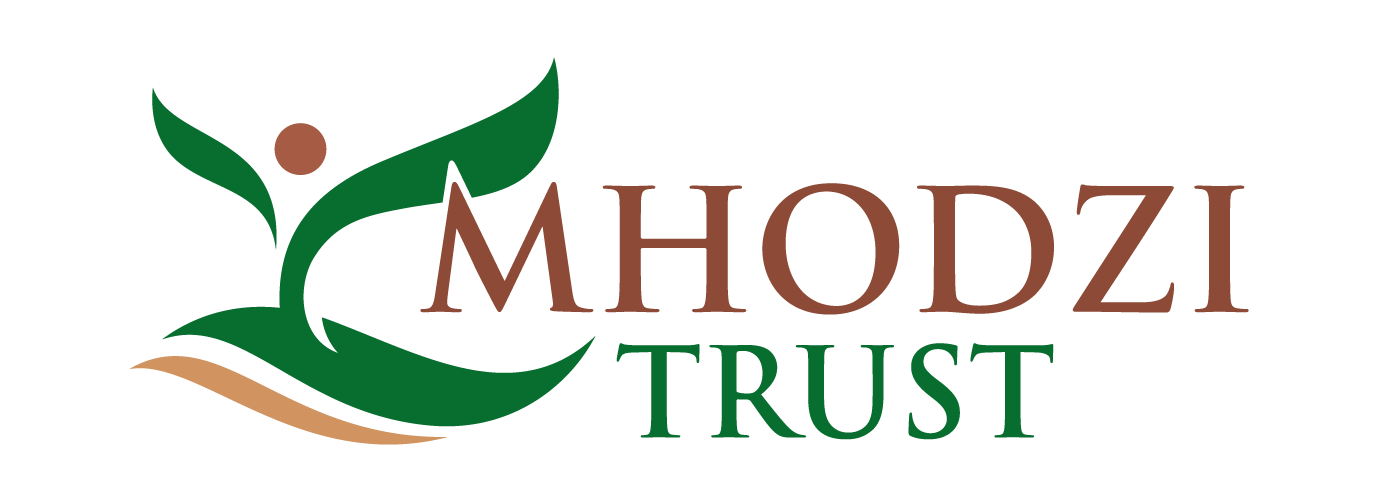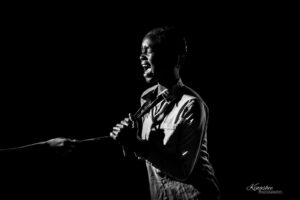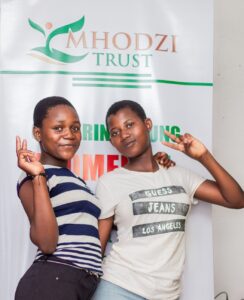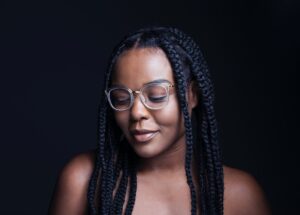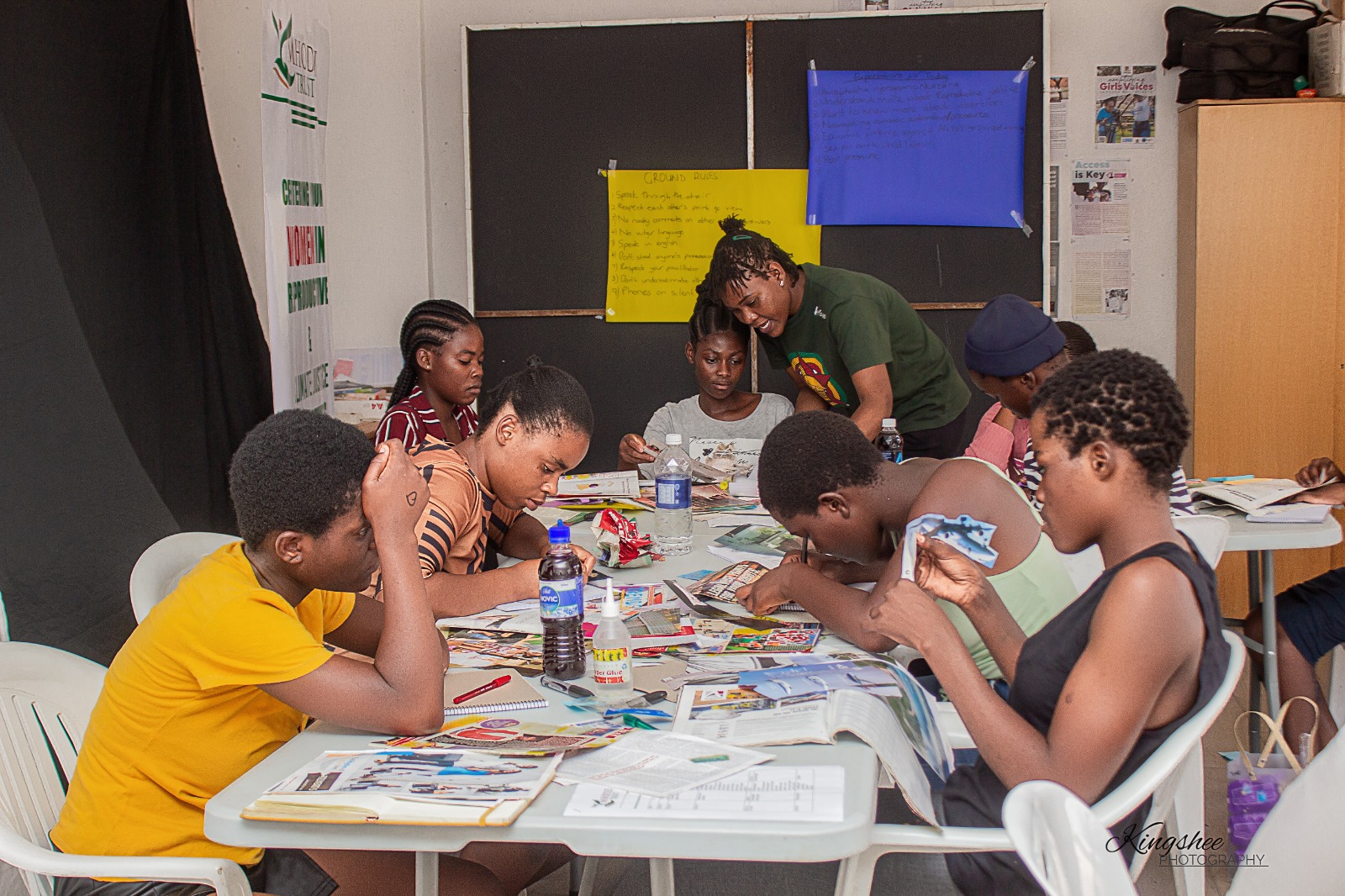
Informal settlements commonly known as slums present a constantly shifting landscape for young womn who face an array of overwhelming challenges. Gender-Based Violence (GBV) casts a pervasive shadow over their existence, often leaving them on the margins and grappling with daunting obstacles that demand immediate attention.
To mark 16 days of Activism against GBV, we convened a meeting with 15 young womn residing at Burombo Flats, an area long deemed unsuitable for habitation.The objective of the meeting was to unpack the challenges that they face and co-create a 2024 plan to address these.
During the meeting, it was revealed that young womn face Sexual and Gender Based Violence (SGBV) and they are living in fear and hopelessness due to the justice system that continues to let survivors down and allows perpetrators to enjoy impunity.
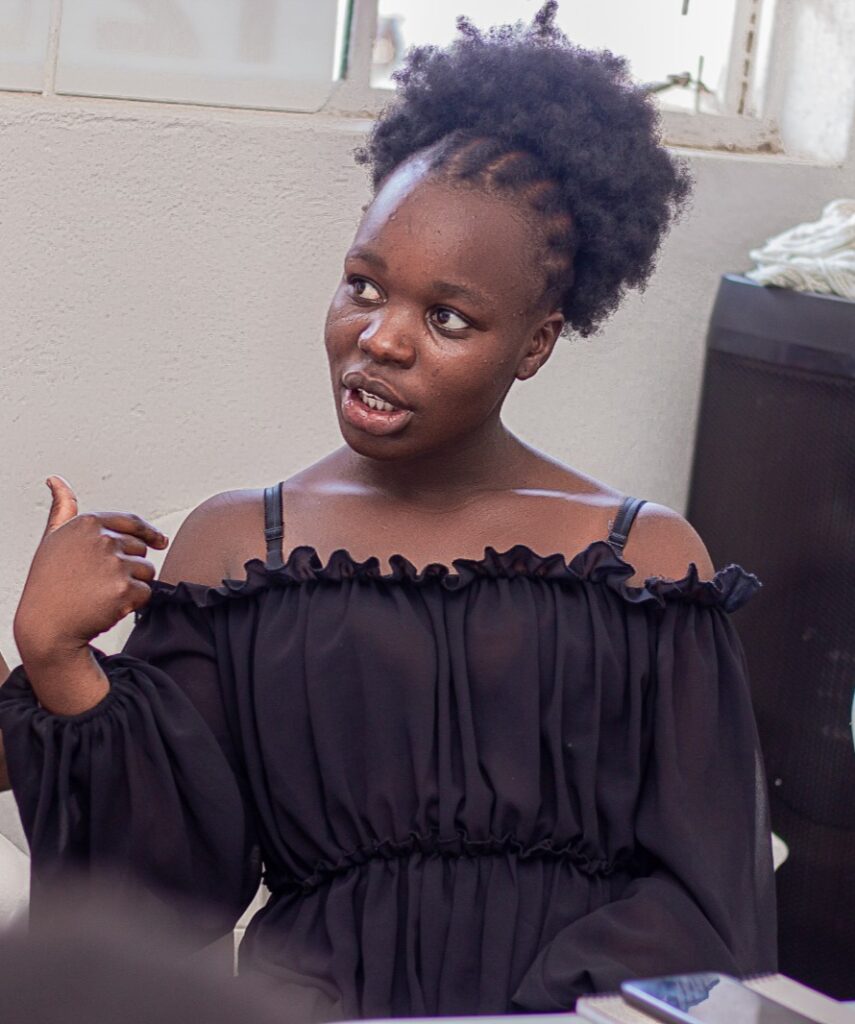
The young womn highlighted that they have limited access to youth friendly and quality Sexual and Reproductive Health (SRH) services as a result of their economic status.
Moreover, they encounter an increased risk of HIV/AIDS, introducing an additional layer of complexity to their struggles. Some peers engage in sex work, others grapple with substance abuse, all within a framework of limited support systems. This emphasizes the imperative for immediate and comprehensive interventions grounded in intersectionality, addressing both the immediate socio-economic challenges and the broader Sexual and Reproductive Health (SRH) disparities they navigate on a daily basis.
While most of them are school dropouts and young mothers, they wish to go back to school and acquire economic skills in the hope that they can change their lives.
“ I have always had a passion for the fashion industry, unfortunately after being forced into marriage at 16, I dropped out of school… The passion lives on, I want to create phenomenal pieces”- Sanelisiwe
“I wish to go back to school, maybe then my life can be transformed”, said Maggie.
At Mhodzi, we recognize the importance of anchoring our interventions in healing justice using it as a starting point for our interventions. In our wellbeing and wellness session, Sharleen Kendricks, our therapist for the event, highlighted the political act of intentionally acknowledging and confronting individual and and collective trauma and wounds.
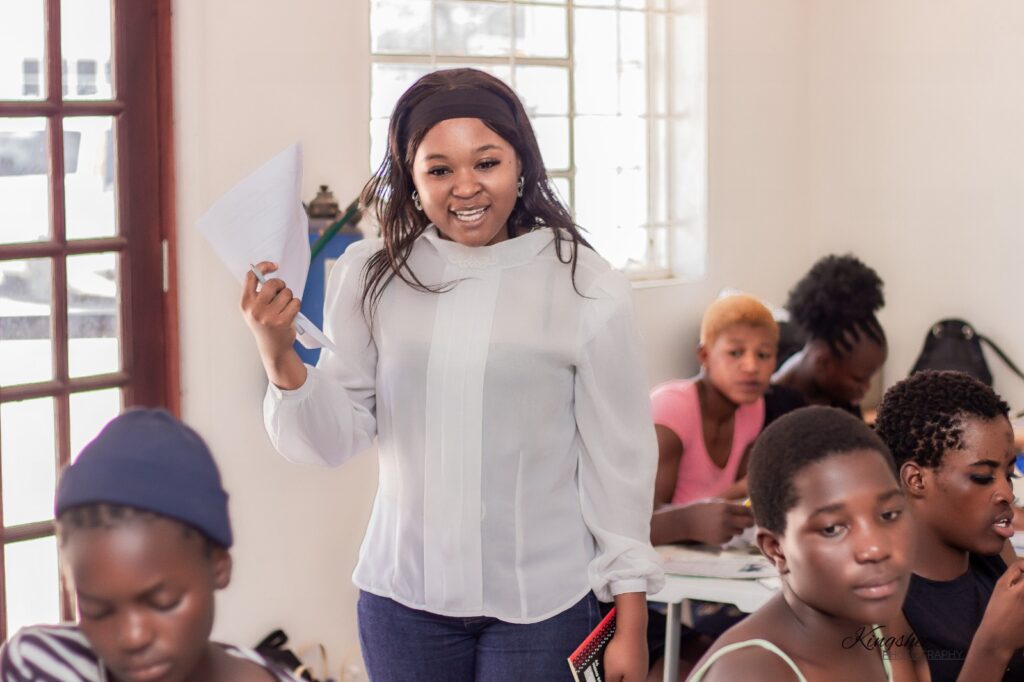
“This process is integral to our feminist organizing approach and will deepen your understanding on why we need to acknowledge and attend to our individual and collective wounds so as to be in a position to re-imagine new ways of being that are not trauma centered and oppressive in nature”, said Sharleen.
Participants were also taken through the visioning process by Miss Kay (a feminist blogger) who emphasized the importance of this tool. Through creating individual vision boards using pictures and written words, the young womn start the process of working towards who they want to be.
“Visioning is a creative feminist tool that you can use to imagine what liberation against all forms of oppression means and looks like to individuals and a collective. We vision for ourselves, each other and communities”, said Miss Kay..
The visioning process will serve as a foundation for our 2024 interventions with the young womn as we co-create feminist realities.
About the writers:
Rudo Mudzingwa is a human rights defender, and an activist who advocates for gender and economic parity through speech, writing and other digital forms of content creation. She is also the Co-Executive Director for Mhodzi Trust.
Chipo Mawarire is a creative, feminist, wordsmith, believer and fighter for equality through equity. She currently leads Mhodzi’s Communications

